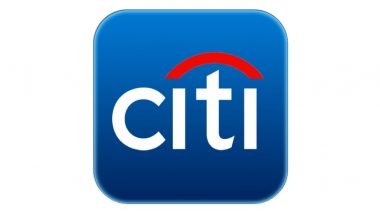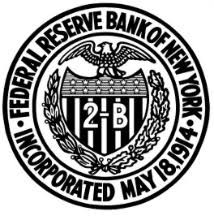Case Studies & Practical Examples List
Week 1: Tuesday 17th March
Introduction to Bank’s Balance Sheet risk – Capital, Liquidity, Market Risk
Case Study: Why Market Risk matters?
– Impact of poor Market Risk management
Definition of IRRBB
Case Study: Why IRRBB matters?
– illustrative examples of how NII is impacted when interest rates change
Week 2: Tuesday 24th March
Measuring IRRBB
Practical Example: How is NII calculated?
– Worked example of measuring NII on a Bank’s Balance Sheet
Practical Example: How is EVE calculated?
– Worked example of measuring NII on a Bank’s Balance Sheet
Significance of IRRBB underscored by real-world example
Case Study: The case of Silicon Valley Bank (SVB)
– The reasons that led to the FDIC and Federal Reserve Bailout and the role of IRRBB.
Case Study: The case of First Republic Bank (FRC)
– The reasons that led to FRC collapse and the role of IRRBB.
Week 3: Tuesday 31st March
Managing IRRBB
Case Study: Is Balance Sheet matching an effective tool to hedge Gap Risk?
– Examine benefits & drawbacks of aligning assets and liabilities to reduce exposure.
Practical Example: How is Option Risk addressed?
– Modelling customer behaviour on the asset side i.e. loans pre-payment hedging.
– Modelling customer behaviour on the liability side i.e. non-maturing deposits and application of NMD behavioural tenor for EVE purposes
Case Study: Can Gap Risk be managed through derivatives hedging and what benefits/drawbacks does this entail?
– Using derivatives strategically to manage risk, supported by effective accounting practices.
Practical Example: How are non-parallel shifts in the yield curve measured and managed?
– Worked example of how to measure and hedge non-parallel yield curve shifts.
Practical Example: How can pipeline risk be hedged?
– Worked example of how to measure and hedge pipeline risk.
Week 4: Tuesday 7th April
Discussion Workshop: How should reserves be treated in IRRBB?
– Two different approaches to treating reserves.
































